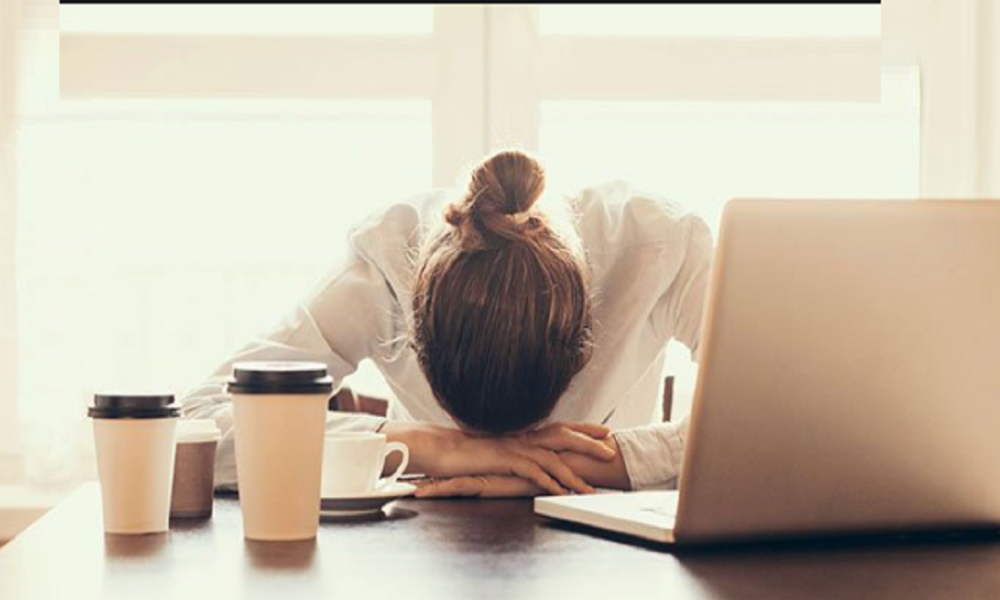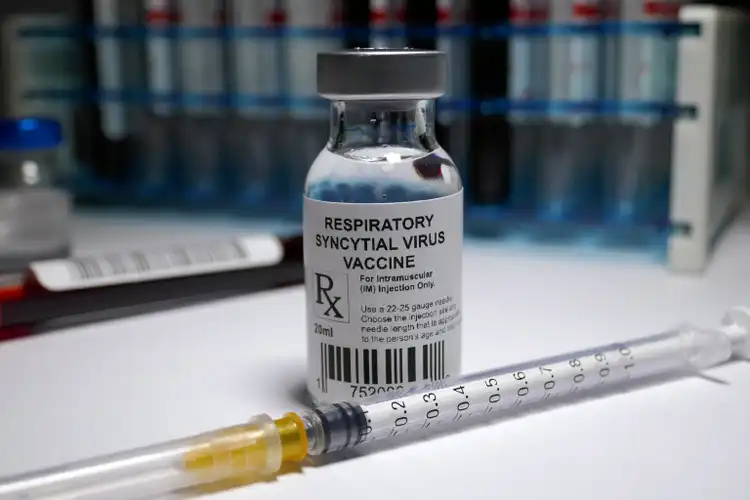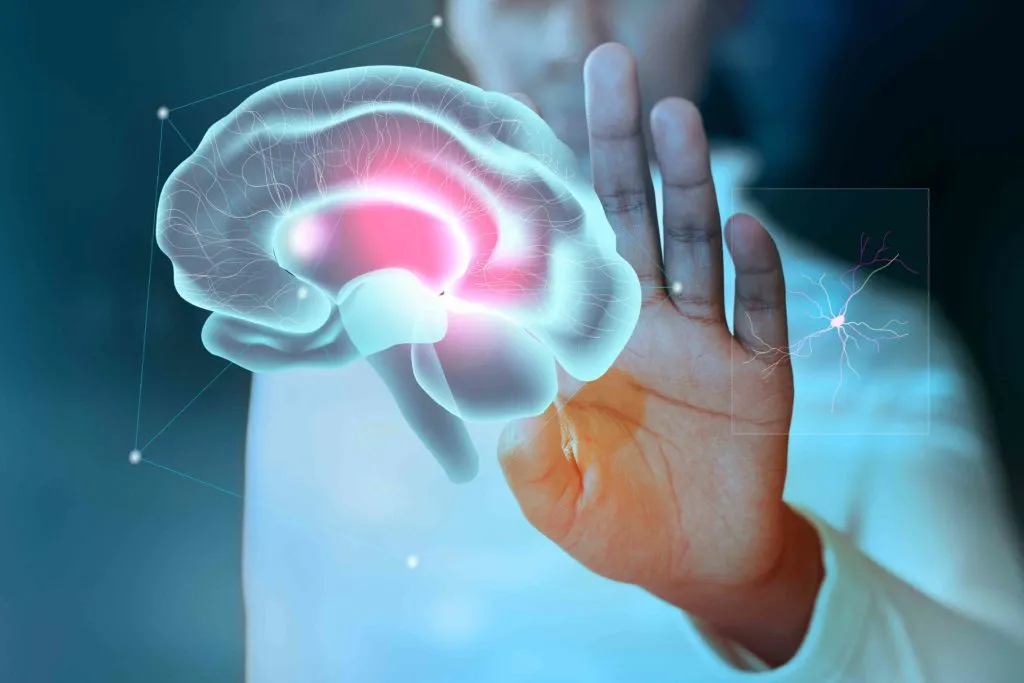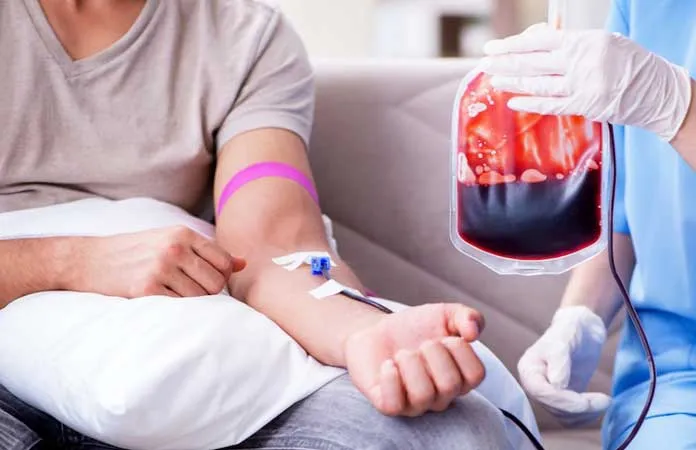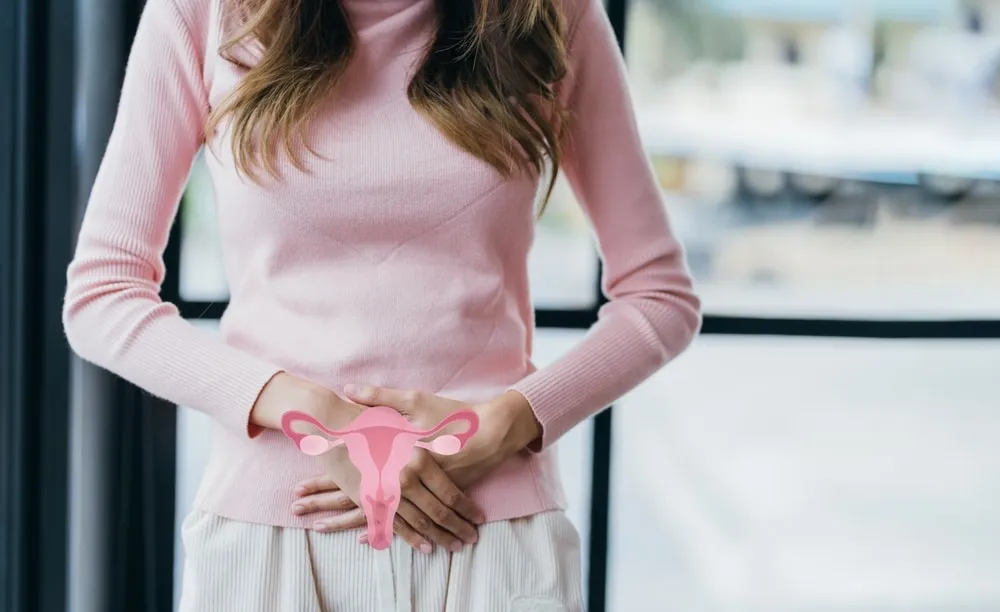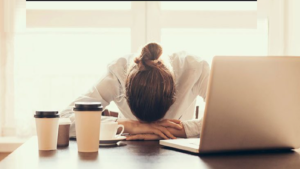Mind and body go hand in hand. This is one lesson that the Covid-19 pandemic has taught us. The battle is as much about your body fighting the China-born virus as it is about your mind dealing with it positively. In the end, only those with a strong mind and healthy body with as few comorbidities as possible survive.
My own tryst with the virus taught me the importance of mental health, an area we Indians mostly ignore and disregard. Thankfully, there is a massive change in the mindset from the era when anyone visiting a psychiatrist was regarded as “pagal”. But still the kind of importance we must give to our mental health is still missing. Covid is a stark reminder of how the mind really matters for our overall well-being.
This article isn’t a mental expert’s Covid-19 survival guide. For, I don’t really qualify for that, despite having a university degree in psychology. It’s about my own survival experience vis-à-vis the virus. The first thing that hits you when you are down with Covid, is that you are all alone in this battle. You are isolated, no one can come and hug you, console you. You yourself become a virus. To make things worse, there’s so much information — or should I say, misinformation? — in the social media that at the end of it all you are more confused than ever before. Once you google anything about Covid-19, you are automatically bombarded with all sorts of virus-related information. And believe me, all this ends up making you more depressed than before.
So, based on my experiences, here’s some of the golden rules for fighting the pandemic. Read on:
1. Keep your mobile away: The first thing you should do is keep your mobile away from you, especially when you are truly down with the virus. For, trust me, it will only make you more depressed. You will find information, information and information, but there won’t be any solution in sight. In those precarious moments, all you need is a me-time. Be yourself, explore yourself. Meditate. And yes, if you have the strength, pick a book and read. It’s therapeutic.
2. Slow down, look within: Just be calm, have a cup of tea in silence, spend time with your plants. Plan your day, talk to yourself to be a better person than you were yesterday. Your silence for an hour will bring mental poise, happiness, confidence and inner strength. Do things that make you happy; look back at the life you are leading. Do you like your job? Your relationship? Are you on the right track? Make adjustments for inner peace, as that’s most important. Always have goals as they help you keep moving in life.
3. Take a laughter pill: Laughter is an excellent antidote for stress and releases hormones that help you relax. Try practising to have some laughter with friends, family or watch some laughter shows. Be in the company of people who make you laugh.
4. Monitor your thoughts: We have somewhere between 40,000 and 75,000 thoughts per day, out of which 88% are random “nonsense”. Try to live in the present by not worrying about the past and future. Keep reminding yourself not to overthink.
5. Exercise and sleep: This is very important, especially for those who are just recovering from Covid-19. Remember, post-Covid phase is equally critical and can be quite distressing for many. A walk for 30-45 minutes and 8-hour sleep can make your mind calm and composed. However, there’s an advice here: Don’t jump into a rigorous exercise mode soon after the recovery. Go slow, let your body come to terms with the ‘new normal’.
6. Balance diet & regular health check-ups: Your diet with complete nutrients keeps your body and mind in place. Regular health check-ups highlight the areas you need to work on and change your perspective for yourself as it brings a lot of self-confidence.
The pandemic has changed how we live, work, learn and interact as social distancing guidelines have led us to a more virtual existence, both personally and professionally. This new phase requires us to maintain “social distancing” but the challenge is not to distance ourselves from society, especially our near and dear ones. The change has been so sudden and drastic that as per a report, 60% of those in the age bracket of 16 to 35 years, have been reporting mental health issues due to stress, anxiety, depression and loneliness or isolation. This is an alarming situation as we are still not out of the Covid woods and if the anticipated third wave hits us in the next few months, it’s the younger ones who could be impacted the most. So, brace for the impact. Brace up physically — and also mentally!

